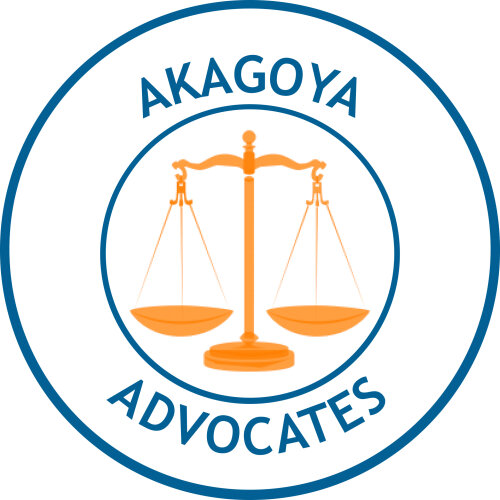Best Permanent Residency Lawyers in Kampala
Share your needs with us, get contacted by law firms.
Free. Takes 2 min.
List of the best lawyers in Kampala, Uganda
About Permanent Residency Law in Kampala, Uganda:
The law in Uganda permits foreign residents to apply for Permanent Residency if they have been living in Uganda for a slated period during which they have proven to make a notable contribution to the country. The classification of such contributions varies, it may include investing in the business environment, creating jobs for locals, marrying a Ugandan citizen or assisting in the economic, scientific, or cultural development of Uganda.
Why You May Need a Lawyer:
The entire process of acquiring permanent residency in Uganda can be tedious and complex, involving significant paperwork, deadlines, and legal procedures. Understanding and fulfilling these requirements can be challenging, especially for someone not familiar with the country's residency laws. A lawyer can guide the process, ensuring all papers are properly filled, submitted, and processed. Lawyers can also offer legal advice, handle appeals, delays or rejections, and help you comply with all requirements, making the process smoother and increasing your chances for success.
Local Laws Overview:
The primary regulation governing Permanent Residency is the Uganda Citizenship and Immigration Control Act, under which the Directorate of Citizenship and Immigration Control operates. Other relevant laws include the Uganda Nationality and Immigration Act and the Uganda Citizenship Act. These laws cover different aspects such as eligibility criteria, necessary documents, application process, and obligations of a permanent resident.
Frequently Asked Questions:
1. How long do I need to live in Uganda to be eligible for Permanent Residency?
Under most circumstances, you would need to reside in Uganda for a period of 10 years before applying for Permanent Residency.
2. Are there any exceptions to the 10-year residency requirement?
Yes, the law provides for exceptions in cases such as marrying a local citizen or making a notable contribution in key areas of Uganda's development.
3. What rights will I have as a permanent resident?
As a permanent resident, you will have similar rights to Ugandan citizens, apart from voting rights and certain other rights reserved only for citizens.
4. If my Permanent Residency Application is rejected, can I appeal?
Yes, you can appeal a rejected Permanent Residency application. Having a lawyer often helps in understanding the reasons for rejection and how to address them appropriately in an appeal.
5. How long does the application process typically take?
The processing time varies depending on the specifics of your application and the existing backlog. It could take from several months to over a year.
Additional Resources:
For further information, you may consider visiting the National Identification and Registration Authority (NIRA) or Uganda Citizenship and Immigration Control (UCIC). They provide comprehensive information on various aspects of Uganda's citizenship and immigration laws.
Next Steps:
If you need legal assistance with permanent residency, it is recommended that you consult with a lawyer knowledgeable in Ugandan immigration law. They can guide you through the application process, helping you understand what you need, how to get it, and what to expect. You should also gather necessary documents, while maintaining lawful immigration status and complying with all regulations.
Lawzana helps you find the best lawyers and law firms in Kampala through a curated and pre-screened list of qualified legal professionals. Our platform offers rankings and detailed profiles of attorneys and law firms, allowing you to compare based on practice areas, including Permanent Residency, experience, and client feedback.
Each profile includes a description of the firm's areas of practice, client reviews, team members and partners, year of establishment, spoken languages, office locations, contact information, social media presence, and any published articles or resources. Most firms on our platform speak English and are experienced in both local and international legal matters.
Get a quote from top-rated law firms in Kampala, Uganda — quickly, securely, and without unnecessary hassle.
Disclaimer:
The information provided on this page is for general informational purposes only and does not constitute legal advice. While we strive to ensure the accuracy and relevance of the content, legal information may change over time, and interpretations of the law can vary. You should always consult with a qualified legal professional for advice specific to your situation.
We disclaim all liability for actions taken or not taken based on the content of this page. If you believe any information is incorrect or outdated, please contact us, and we will review and update it where appropriate.

















